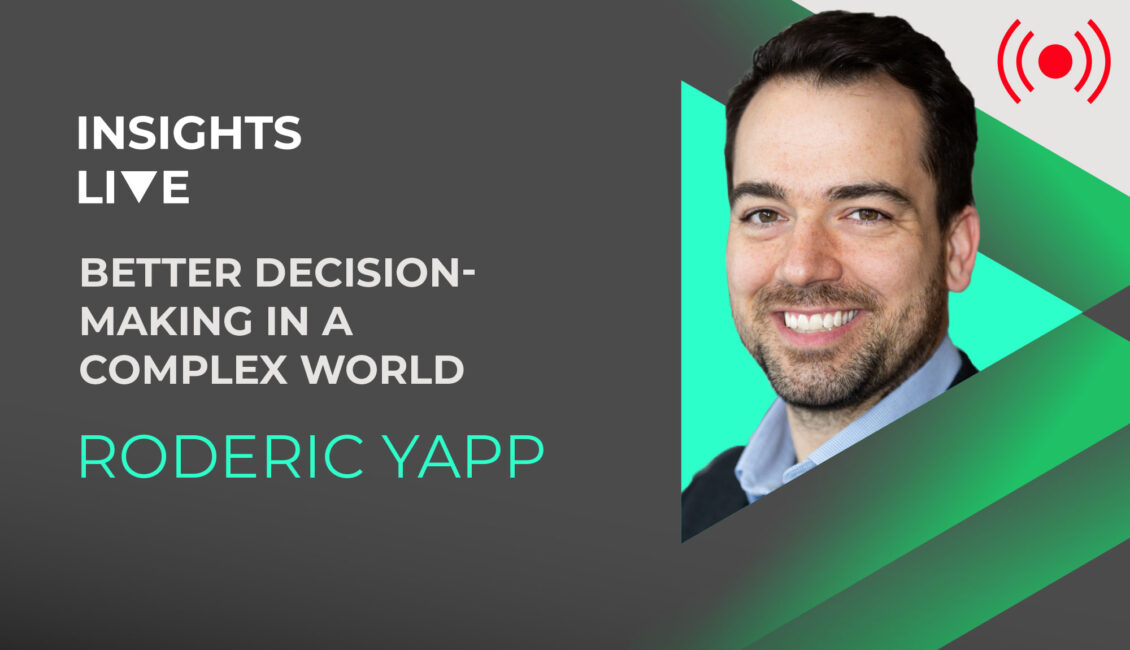
In this workshop, you will learn how to make better decisions in VUCA (volatility, uncertainty, complexity, and ambiguity) environments. You will also get a clear understanding of the difference between complicated and complex environments. Roderic will deep-dive into the situations where you need to slow your decision-making by being more thoughtful as opposed to the ones where you need to speed it up to avoid analysis paralysis.


